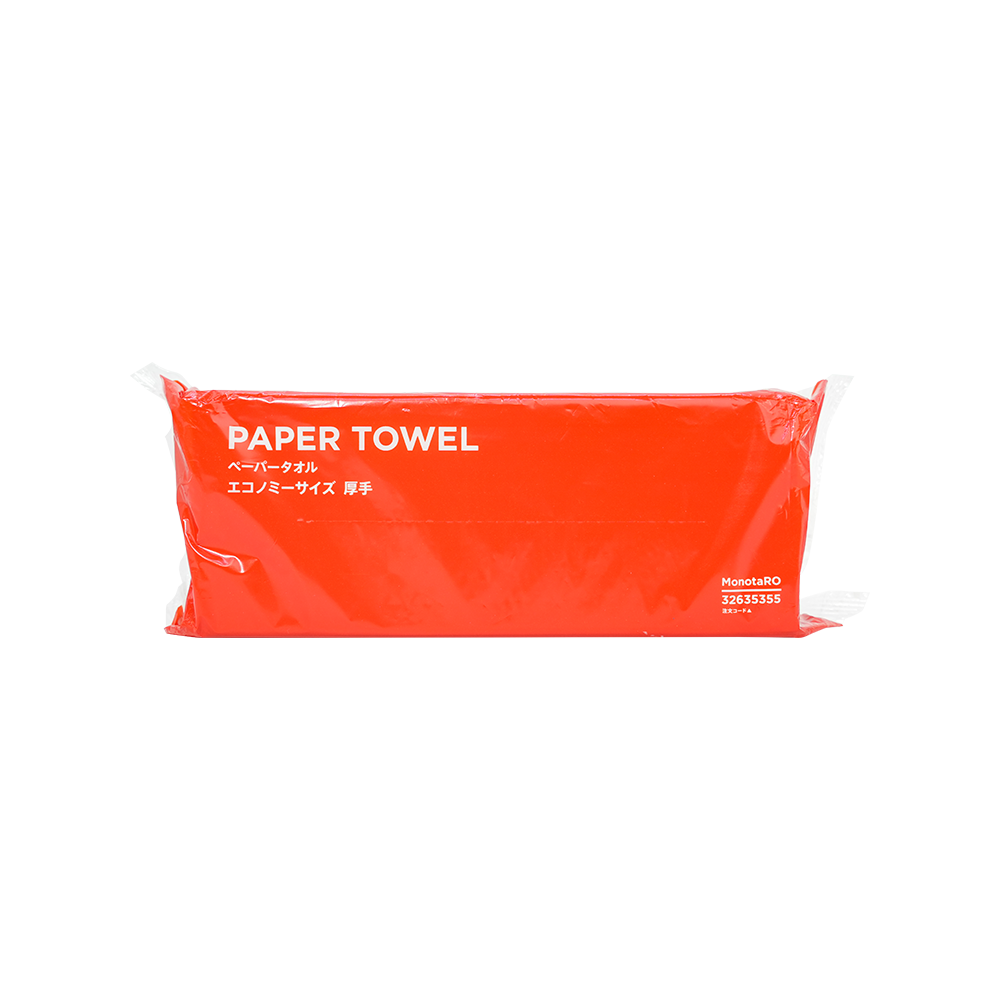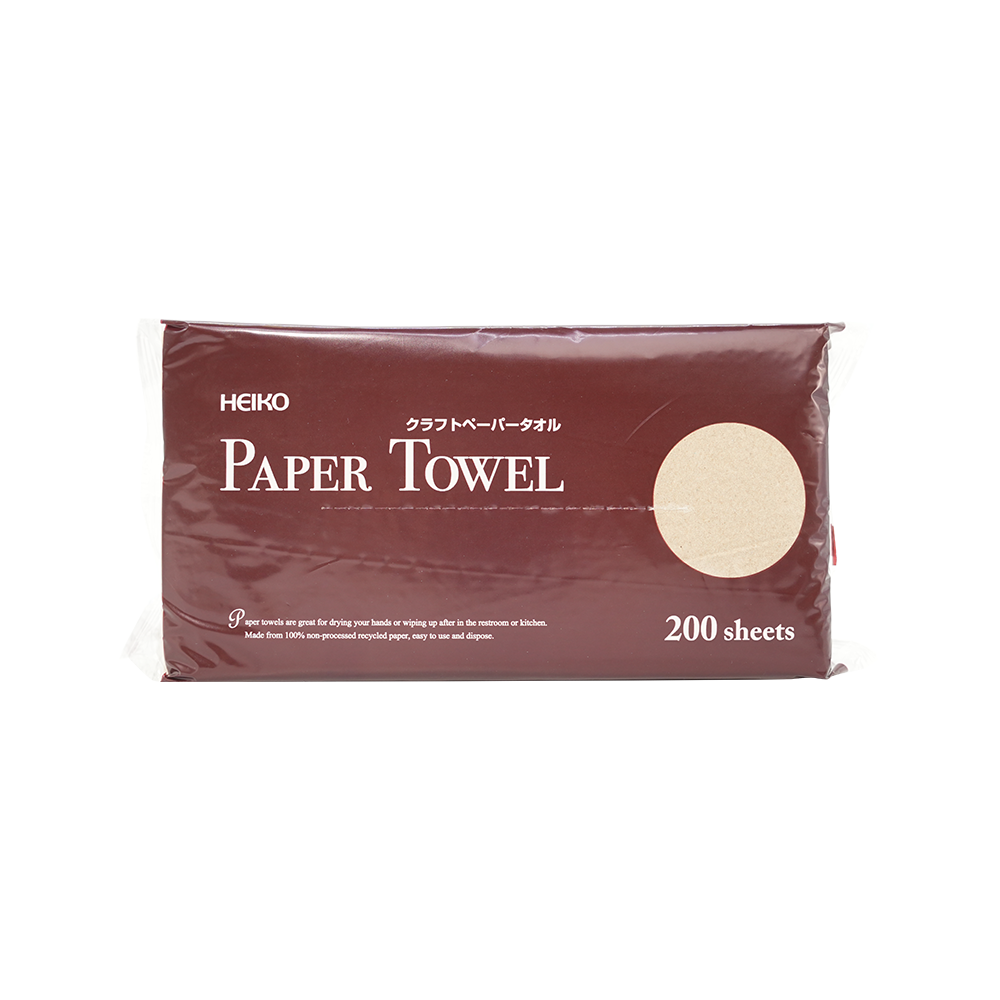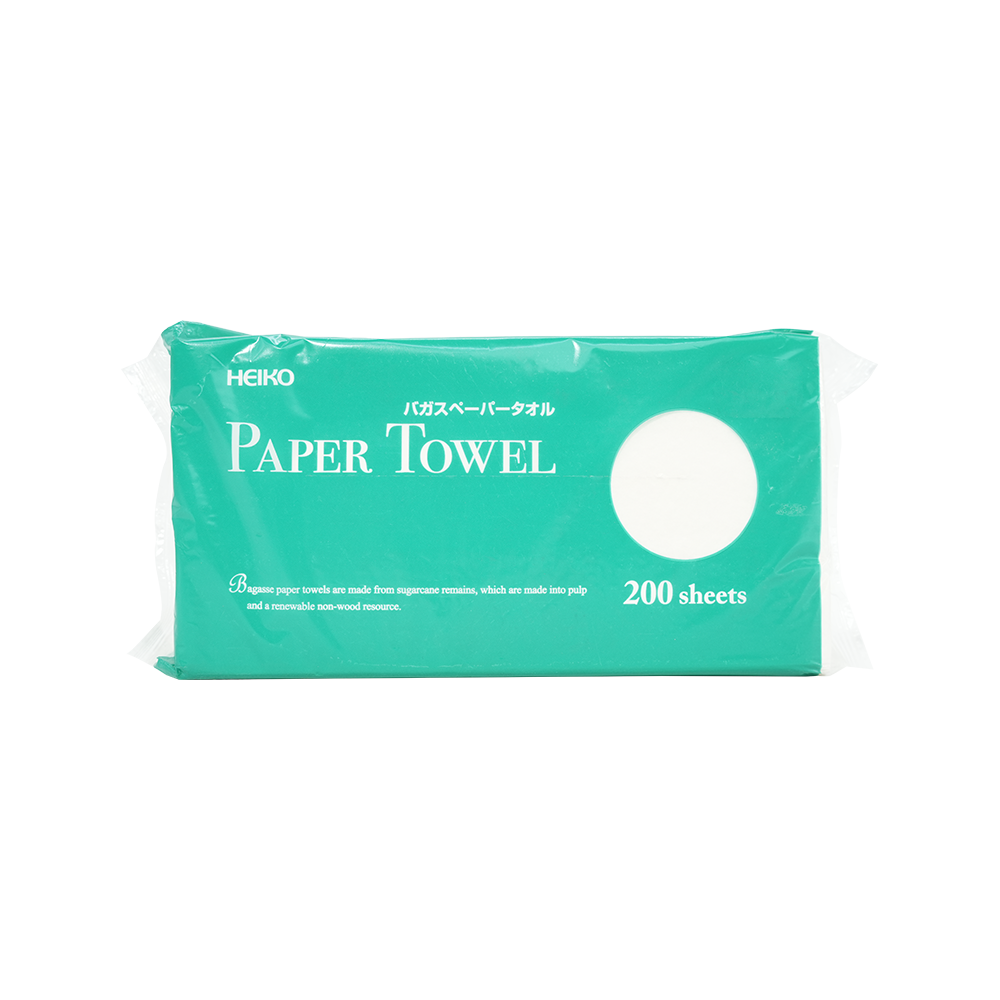What's the Best Way to Store Hand Paper Towels to Keep Them Sanitary?
 2025.04.03
2025.04.03
 Industry News
Industry News
When it comes to maintaining hygiene and ensuring the longevity of hand paper towels, proper storage is essential. While these essential items serve a practical function, improper handling and storage can lead to contamination, reducing their effectiveness. Here are some crucial tips on how to store hand paper towels in a manner that preserves their cleanliness and hygiene.
1. Choose the Right Storage Location
The first step in storing hand paper towels effectively is selecting an appropriate location. Opt for a dry, cool environment, away from direct sunlight. Excessive moisture or heat can compromise the towels' integrity, making them more prone to bacteria or mold growth. Storage in a bathroom or near a sink should be avoided unless the area is meticulously kept dry. A cabinet or dedicated storage space with controlled humidity levels is ideal.
2. Seal the Packaging
If the hand paper towels come in plastic or shrink-wrap packaging, it is crucial to keep them sealed until use. This packaging serves as a protective barrier against dust, dirt, and moisture. Once the package is opened, transfer any remaining towels to an airtight container or reseal the original packaging as tightly as possible to maintain cleanliness.
3. Keep Towels Elevated
Avoid storing hand paper towels directly on the floor, as this increases the risk of contamination. The floor harbors dust, dirt, and bacteria, all of which can easily transfer to the towels. Use shelving, cabinets, or storage bins that elevate the towels, keeping them well away from possible contaminants. Additionally, elevating the towels helps to ensure proper air circulation around the stored products, preventing moisture accumulation.
4. Avoid Exposure to Contaminants
The area surrounding the storage space must be kept clean and free from potential contaminants. For example, placing hand paper towels next to cleaning supplies or trash bins can lead to cross-contamination. Similarly, do not store them in areas where pets or children may have access, as this increases the risk of contamination. Ensuring the storage space is dedicated to sanitary supplies only helps maintain the towels' cleanliness.
5. Check for Damage and Expiry
Before storing any hand paper towels, it’s important to inspect them for any damage, such as tears or rips. Damaged towels are more susceptible to contamination and may not perform effectively. Additionally, always check the expiration date, especially if the towels contain special additives, such as lotions or antimicrobial agents. Even paper towels designed for long-term storage can degrade over time if not properly maintained.
6. Store in Small, Accessible Batches
When managing large quantities of paper towels, consider organizing them into smaller, more manageable batches. This approach reduces the risk of prolonged exposure to air and contaminants when retrieving towels from a larger supply. Store each batch in a separate container or box, ensuring they remain easily accessible without the need to open multiple packages. This strategy also helps in maintaining order and minimizing waste.
7. Use a Dispenser for Daily Use
For everyday use, installing a wall-mounted or countertop paper towel dispenser can significantly enhance hygiene. Dispensers prevent unnecessary contact with the towels, ensuring that only the necessary sheets are accessed. In public spaces or shared environments, this also reduces the risk of cross-contamination from handling the towels with dirty hands.
Proper storage of hand paper towels is a simple yet effective way to ensure they remain sanitary and functional. By choosing the right storage location, keeping towels sealed and elevated, and regularly inspecting them for damage, you can significantly prolong their shelf life and maintain their effectiveness. When done correctly, these storage practices will help maintain optimal hygiene, whether in your home or workplace.


 English
English 日本語
日本語 한국어
한국어








